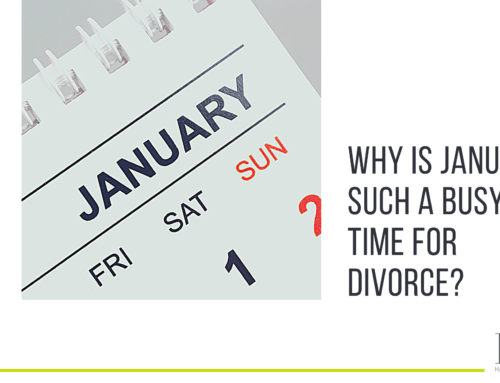Going through a divorce is a real adjustment, both emotionally and practically. When you’re experiencing a range of new and overwhelming emotions, it can be difficult to manage all the practicalities as well. It’s very easy to push them to the bottom of your list of priorities.
After your divorce, you want to be able to move on in the best way possible. A big part of that involves taking care of the practicalities, the ‘life admin’ that needs to be dealt with now that you’re no longer part of a couple.
Here are some of the practical steps you might need to take after your divorce, ensuring that you’re ready for a brighter future.
Keep your paperwork safe
When you’ve been through a divorce, there are a number of important documents you need to keep safe, even when everything is finalised.
Decree absolute
Perhaps one of the most important is your decree absolute, the legal document confirming that you’re no longer married. There are any number of scenarios where you might have to produce this, if you want to remarry for example, or change your name on your passport.
As with birth and death certificates, it’s never a bad idea to get a few certified copies of your decree absolute for you to use as and when you need to.
Final orders
Other important paperwork includes the order you receive once negotiations in relation to your finances and/or the children are finalised.
It might be a Child Arrangements Order, which details (amongst other things) where the children will live and with whom, and how often contact will take place. Or it could be the court order confirming the decisions or agreements made when it comes to your financial future.
A change of name?
Though it’s not essential, after a divorce, some people are ready to stop using their married surname and return to the one they used previously.
Your decree absolute is usually adequate evidence for most organisations when it comes to changing your name, which is just another reason for you to keep it safe!
Where there are children of the marriage, a change of name might not be on the agenda, as having the same surname as your children is a big consideration for many after going through a divorce.
Update your will
If you have an existing will, it will stay valid after your divorce is finalised, but any provisions that reference your former spouse will be struck out.
This is likely to have implications. For example, if your former partner was the executor of your will, they no longer will be. And the likelihood is that many of your wishes and intentions will have changed. Ultimately, it’s advisable to seek advice from a probate solicitor about updating your will once your divorce is finalised.
Need further advice?
These are just a few of the practicalities that come with a divorce, but there may be more depending on your particular situation. Notifying HMRC, securing your share of your spouse’s pension, reviewing maintenance agreements, and checking if you’re entitled to government support to name just a few.
It can seem like a long road and an overwhelming process. That’s why having an expert legal team to guide you every step of the way can really help to ease the pressure. Contact Harrogate Family Law today to see how we can help.






